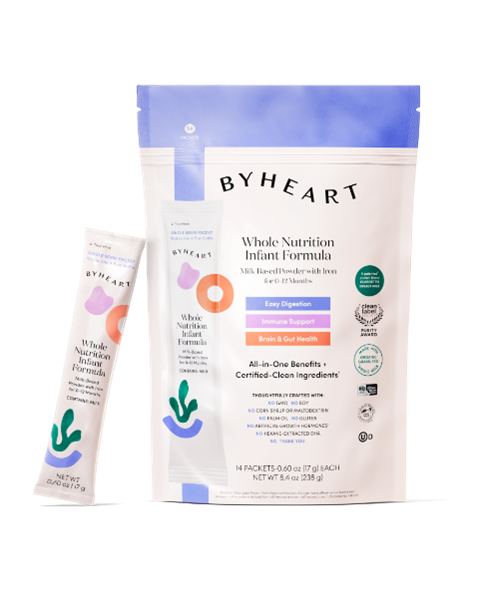
Emergency department (ED) patients who received tailored messages or a simple inquiry about the COVID-19 vaccine were no more likely to take the vaccine than patients who didn't receive interventions, according to a recent study published in JAMA Network Open.
For the cluster randomized clinical trial, a team led by University of California researchers divided 852 ED patients into three groups. The first group received a tailored message about the COVID vaccine followed by a question about their willingness to accept the vaccine. The second group received a vaccine acceptance question only, and the third group received no intervention beyond usual care.
The 464 women and 388 men who participated in the trial had a median age of 47 and had not been vaccinated for COVID within the past 6 months. Participants were enrolled across six emergency departments.
Vaccine uptake at 30 days was not significantly higher in either intervention group (5.7% vs 3.0%; absolute difference, 2.7 percentage points) compared with the control group (4.0% vs 3.0%; absolute difference, 1.0 percentage point).
Vaccine availability an important factor
While the study found that neither intervention significantly increased vaccine uptake, more participants took the vaccine when it was readily available in the ED (9.8% vs 3.3%; absolute difference, 6.5 percentage points).
"Tailored messaging alone, even when built with personalization and thoughtful ethical considerations, is likely not enough. Less than 6% of patients in the intervention arms received the booster," note Anish K. Agarwal, MD, MPH, and Raina M. Merchant, MD, both of the University of Pennsylvania, in a commentary published alongside the study. "By contrast, the effect size nearly tripled in EDs where the vaccine was readily available," suggesting that opportunity and convenience play a role in vaccine uptake.
Tailored messaging alone, even when built with personalization and thoughtful ethical considerations, is likely not enough.
"What matters most may not be how convincingly or carefully questions are asked but whether an action can be delivered immediately," write Agarwal and Merchant. "This points to a simple, pragmatic solution for future interventions: do not just ask; offer and administer on the spot."













